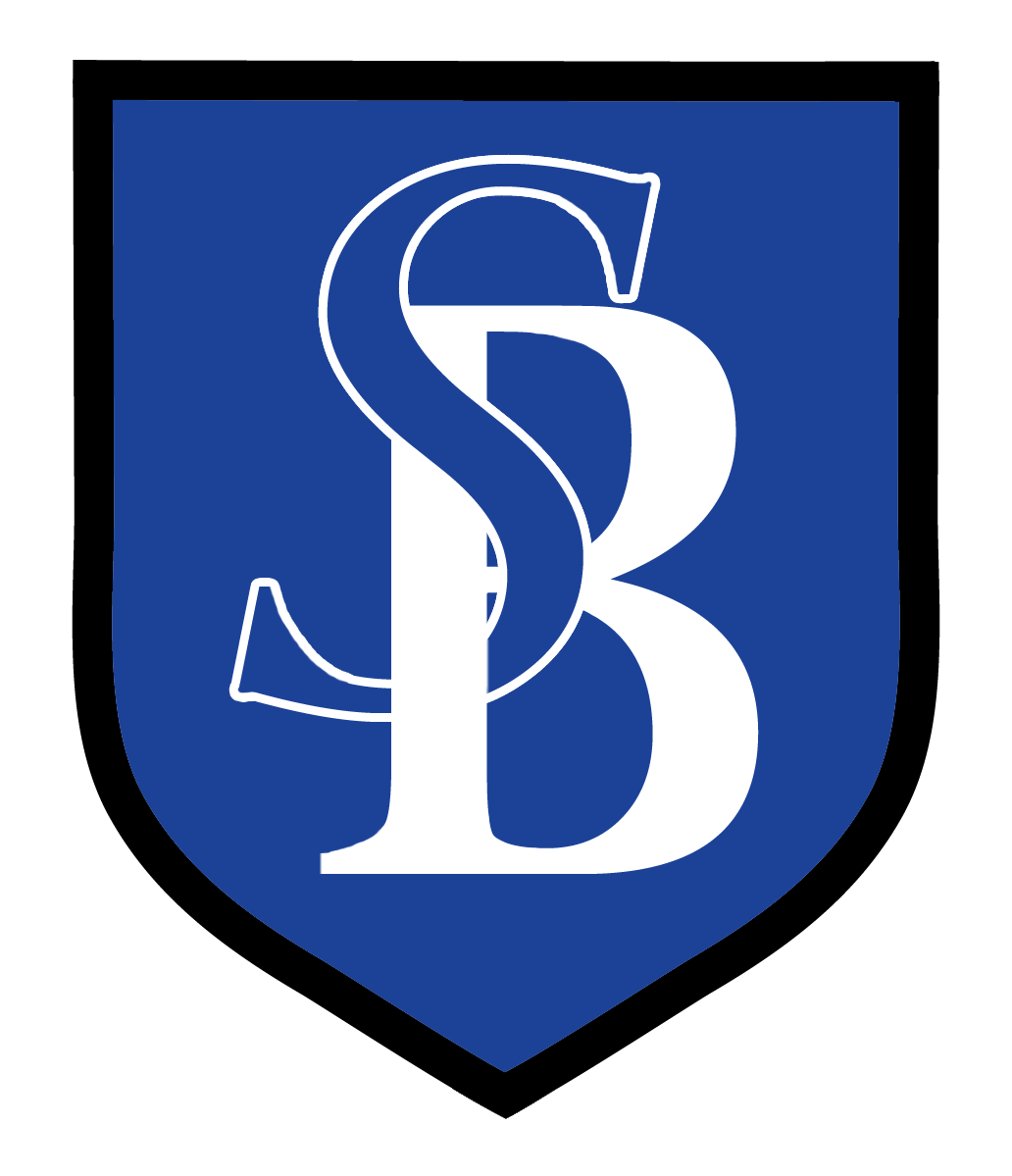Religious Education
As a Church of England school, we are not expected to follow the statutory National Curriculum for religious education and have used resources from the Church of England, the Diocese of Southwark and Discovery RE to develop our own bespoke curriculum based around the principles outlined in our intent, impact and implementation statement:
Intent
Through faith, resilience, tolerance and harmony, we want our RE curriculum to build a community where each individual is valued and will thrive. They will be curious about the world around them and open to the differences of culture, opinion, belief and values that they are exposed to through our diverse scheme of work. Children will grow in wisdom and knowledge as they develop the life skills associated with effective RE pedagogy.
Effective leadership will ensure there is a clear vision for RE across the school and an understanding of how most children will demonstrate their learning within each year group. Anglican characteristics will be central to and embedded in the whole school curriculum and will present contrast and comparison with different religions based around key questions.
Implementation
We use Discovery RE and the Southwark Diocesan Board of Education RE Syllabus to ensure that we cover all major religions and children are also encouraged to celebrate their unique identities throughout the year – such as celebrating a particular religious festival when it occurs on the calendar.
Teachers make use of quality artefacts and artistic resources to assist children in their learning. Enhancement is provided through strong links with our parish church, visits to relevant places, having experts visit the school and relating the topic of study to world current affairs when suitable. Quality-first teaching, stemming from reflective planning, underpins our intentions within the teaching of RE. The intentional use of dialogue, debate and diversity sits at the centre of the scheme of work.
Impact
We assess impact through three different types of responses from the children to the key question within their topic. The class teacher, when planning, chooses between a written piece of work, a creative response (performance piece, debate, visit etc.), or a focused visual piece of work. By the end of each academic year, each child has produced two written pieces, two creative responses, and two visual pieces of work. Children not only have a sense of dignity and hope for themselves but also, through investing in their cultural capital, treat others with dignity. This can be seen through evidence from pupil conferencing, responses during collective worship, and behaviour around school.
Please find our whole-school curriculum overview below.
Please note that this overview was introduced in January 2023 and is being evaluated over the spring and summer terms before being fully implemented for the 2023/24 academic year.
You will also find an overview of how the Early Learning Goals and EYFS curriculum relate to the Primary Curriculum and our progression of skills for this subject.
